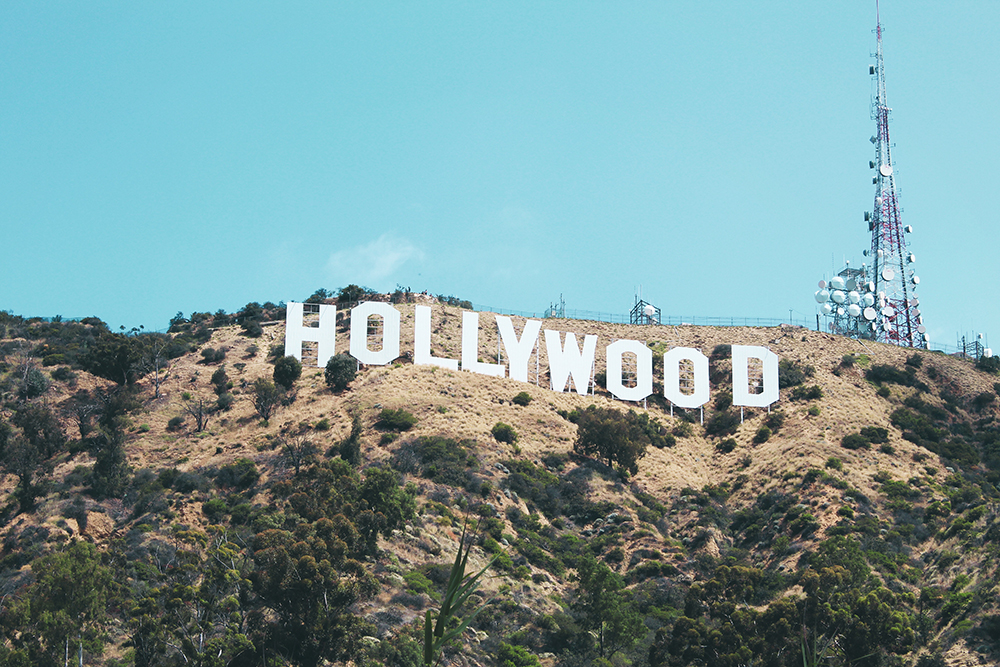Beijing plans to bypass the city’s legislature to impose new rules which would allow it to crack down on protests and on critics of the Chinese government.
“Making such a law on Hong Kong’s behalf, without the direct participation of its people, legislature or judiciary, would clearly undermine the principle of ‘One Country, Two Systems’, under which Hong Kong is guaranteed a high degree of autonomy,” Foreign Minister Marise Payne said in a joint statement with her counterparts in Canada and the United Kingdom.
China’s move on Hong Kong is expected to further exacerbate tensions between Beijing and Washington, already at a tipping point over the global pandemic as US President Donald Trump wages an anti-China campaign leading up to the November presidential elections.
Riot police fire tear gas during a protest in the Causeway Bay district of Hong Kong against planned national security laws. Bloomberg
The United States on the weekend threatened to revoke Hong Kong’s special trading status, which would subject goods from the territory to the same tariffs as those imposed on imports from mainland China. The move would make life more difficult for American companies in the city and further undermine Hong Kong’s status as Asia’s financial hub.
US Secretary of State Mike Pompeo called on China to withdraw its “disastrous proposal”.
A coalition of 201 legislators and policymakers from 23 countries, including Australia, on Saturday issued a statement attacking a “flagrant breach of the Sino-British Joint Declaration”. It was led by Hong Kong’s last British governor Chris Patten, who attempted to introduce a more democratic legislative system into the territory’s parliament – which remains stacked in Beijing’s favour – before the handover.
The global coalition decried Beijings “unilateral introduction of national security legislation in Hong Kong”, and called for sympathetic governments to unite against this “flagrant breach of the Sino-British Joint Declaration”.
In the boldest of a series of aggressive foreign policy moves since the coronavirus outbreak, China on Friday outlined a draft law which would allow it to set up “agencies” to safeguard national security in the city.
The proposed new law, which will exacerbate rising hostilities between Beijing and Washington, would allow China to punish any act to “subvert state power, organise and carry out terrorist activities and other behaviours that seriously endanger national security”.
Hong Kong leader Carrie Lam said the move would not affect the city’s status as a financial hub or the rule of law.
“It will also provide the best system to ensure prosperity and stability in Hong Kong. It wont affect the capitalist system and rule of law in Hong Kong. It wont affect foreign investors interests that are legally protected in Hong Kong, she said.
Thousands gathered in Hong Kong’s Causeway Bay on Sunday afternoon to protest a move that China’s state-controlled media claimed was supported by most Hong Kong citizens. Hong Kong’s Hang Seng Index fell more than 5 per cent on Friday.
Several investors described the move as Beijing opting to “take a bath” because it was already out of favour with the United States and much of the international community so any condemnation over Hong Kong would just add to the noise.
Pro-democracy figures in Hong Kong said it was an opportunistic move to take advantage of the global pandemic, while vowing they would not give up fighting the move.
“Under the Chinese Communist Party’s clampdown, Hong Kong people have two choices: emigrate or stay to fight to the end. Ill fight to the end. Hong Kong is my home. We are not frightened,” Jimmy Lai, an outspoken businessman who owns the Apple Daily newspaper, said on Twitter.
The Hong Kong Economic Times quoted an immigration consultant saying there had been a 10-fold increase in inquiries from Hong Kong citizens about moving to Taiwan following China’s announcement.
There have been calls for Australia to take Hong Kong asylum seekers. Human rights lawyers told The Australian Financial Review this was a possibility, although it would probably take place discreetly to avoid offending Beijing.
While Hong Kong remains an important capital market for international business, Australian companies with regional headquarters in the city are becoming increasingly concerned about the prospect of more mass protests, the threat Beijing’s proposal poses to the independence of the judiciary, and an already frail economy.

